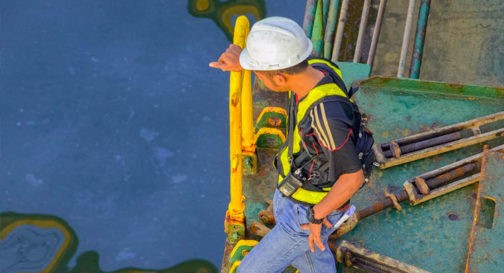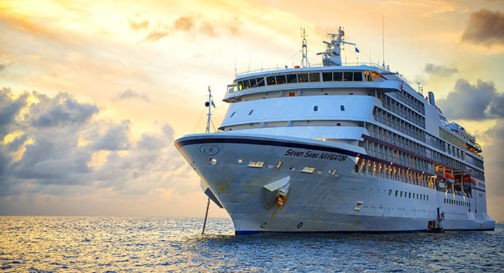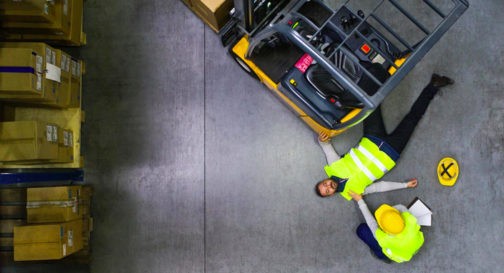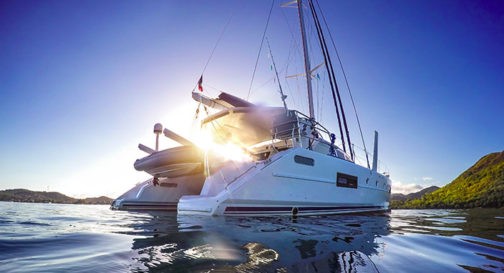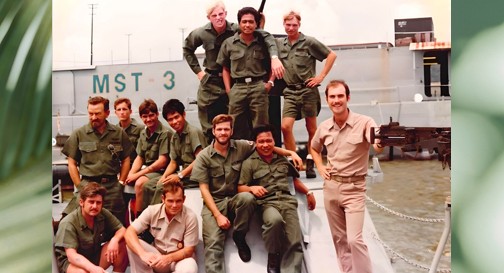Does Maritime Law Apply on Land?
July 07, 2022
When an accident or other incident that leads to injuries or property damage occurs on the open water, you may know that maritime law likely applies to claims that an injured party may have. But you may be surprised to learn that maritime law may also apply to certain accidents and incidents on land. The scope of maritime law not only includes cases that arise on the water but also cases that involve workers in the maritime industry. Maritime law can even apply to cases that arise well away from the open ocean, such as on lakes or rivers. If you have been involved in an accident or incident that may involve the maritime industry, even if the incident may have occurred on land or inland, an experienced maritime law attorney can help you learn more about how maritime law can apply on land and may govern your legal claims.
What Is Maritime Law?
Maritime law, also called admiralty law, refers to the regulations, laws, and international conventions and treaties that govern matters on the water, including maritime accidents, shipping activities, or even criminal offenses occurring on the water. Examples of matters that are covered by maritime law include:
- Insurance claims for vessels and cargo
- Personal injury and workman’s comp claims between ship owners & maritime companies and seamen & passengers
- Registration and licensing of vessels
- Safety requirements
- Contracts for the carriage of goods and passengers
What Are the Statutes That Make Up Maritime Law?
In the United States, some of the most important statutes that make up national maritime law include:
- Jones Act/Merchant Marine Act of 1920, a statute that governs U.S. merchant marines and regulates maritime commerce within U.S. waters and between U.S. ports. One section of the act is known as the Jones Act, and governs certain rights of seamen (including the right to recover compensation for injuries suffered in accidents) and regulates trade between two U.S. ports.
- Death on the High Seas Act, which allows dependent family members to recover compensation from a shipowner for the wrongful death of a seaman in international waters.
- Suits in Admiralty Act, which governs the process of filing admiralty lawsuits against the U.S. government
- Longshore and Harbor Workers’ Compensation Act, which mandates workers’ compensation for “maritime” workers, including harbor and dock workers or other maritime workers not otherwise covered by the Jones Act
- Foreign Ship Registry Act, governs the operation of foreign-flagged ships in U.S. waters and ports
- Carriage of Goods by Sea Act, which governs the contractual relationship between ship owners and cargo companies
- Limitation of Liability Act of 1851, allows a vessel owner to limit unforeseeable damage claims to the value of the ship at the end of the voyage plus value of its pending freight
In addition, international maritime law is governed by several key treaties and conventions, including:
- International Convention for the Safety of Life at Sea (SOLAS), which governs safety protocols for oceangoing vessels
- International Convention for the Prevention of Pollution from Ships (MARPOL), which covers standards for preventing pollution by vessels from either normal operations or from accidents
- International Convention on Standards of Training, Certification, and Watchkeeping for Seafarers (STCW), which establishes basic international requirements for the seafaring industry
When Maritime Law Applies on Land
Certain maritime laws will necessarily apply on land. Most notably, the Longshore and Harbor Workers’ Compensation Act will apply even for shipyard, port, and dock workers when they are injured on the job while on land. In addition, maritime insurance statutes will also come into effect for vessels that are damaged while drydocked, or for cargo that is being held on land at a dock or at a port.
In addition, accidents or incidents that occur on inland waters, such as lakes and rivers, may also be subject to maritime law. Federal admiralty law applies to any “navigable” waterway, which is defined as any waterway that:
- Is subject to tides
- Connects to the continuous interstate waterway
- Has the capacity to be navigated
- Is currently navigable
Thus, maritime law can apply well away from the ocean, such as off a vessel in a dock or port, as well as “inland” on navigable waterways.
Why You Need to Hire an Attorney for a Dock, Port, or Harbor Accident
If you were involved in an accident or incident in a dock, harbor, port, or shipyard, or on a navigable inland waterway, you should turn to a maritime accident attorney for help. Maritime laws are federal laws that can be much more complex than state laws governing contracts, insurance, or personal injury. In addition, maritime lawsuits must be filed in federal courts, which have strict rules and procedures. You need a maritime accident lawyer who has experience dealing specifically with admiralty cases. When you have a case that occurred on land but may be subject to maritime laws, an attorney can help by:
- Investigating the circumstances of the accident or incident that you were involved in to recover the evidence we need to build your case.
- Reviewing your case and advising you of your legal rights and options, including how maritime law applies to your case and what you can expect at each stage of the matter.
- Identifying potentially liable parties under applicable law.
- Calculating your expenses and losses to make sure we are pursuing fair and full financial recovery on your behalf.
- Pursuing maximum compensation for you, whether through negotiated settlement or by taking your case to federal court and fighting to win at trial, if necessary.
Contact The Law Offices of Preston Easley for an Initial Case Evaluation with a Seasoned Maritime Law Attorney
If you have been involved in a maritime accident, you need experienced legal representation to help you navigate the complex laws applicable to your case. Contact The Law Offices of Preston Easley today for a free, no-obligation consultation to speak with a knowledgeable maritime accident attorney to discuss your legal rights for recovering compensation for the losses you sustained in the accident.


